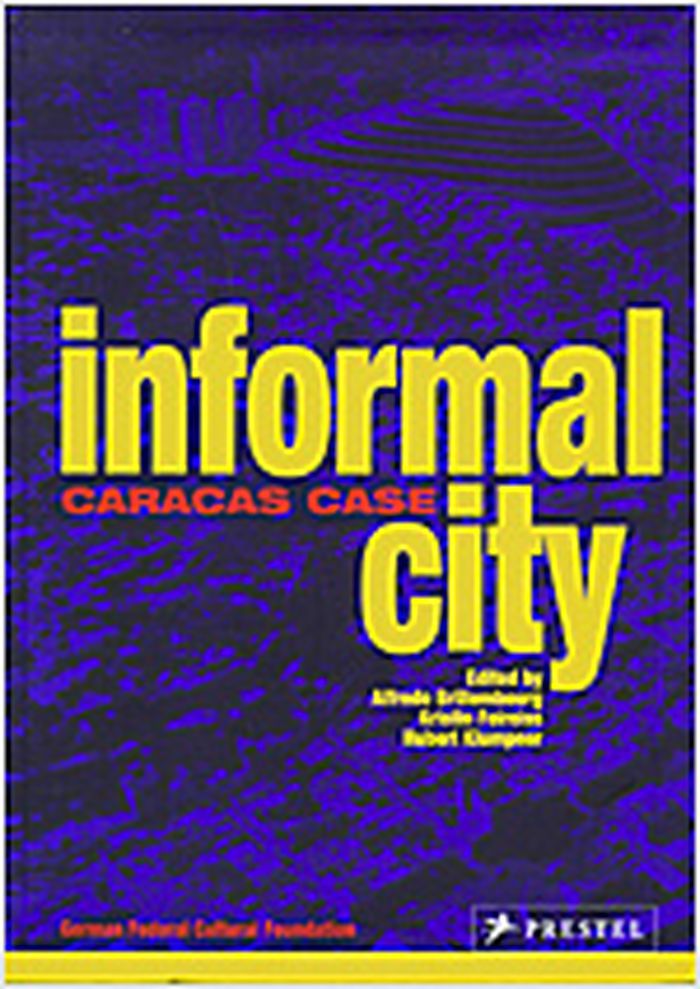Informal city : Caracas case
$77.00
(disponible sur commande)
Résumé:
This urban research project examines the often overlooked areas known as "barrios," "shantytowns," or "slums" and assesses their validity as an architectural phenomenon in their own right. The hills outside Caracas are dotted with transient, dilapidated structures which are home to thousands of people who create their own socio-economic environment, one which has a(...)
Théorie de l’urbanisme
août 2005, Munich / Berlin / London / New York
Informal city : Caracas case
Actions:
Prix:
$77.00
(disponible sur commande)
Résumé:
This urban research project examines the often overlooked areas known as "barrios," "shantytowns," or "slums" and assesses their validity as an architectural phenomenon in their own right. The hills outside Caracas are dotted with transient, dilapidated structures which are home to thousands of people who create their own socio-economic environment, one which has a unique place in the city's infrastructure. This publication can be understood as a handbook of informal urban and cultural practice. Its validity extends far beyond Caracas and encompasses nearly all Latin American metropolises. Its essays question the value of traditional Western-style socio-economic and socio-political structures, present a new form of urbanism as a subject for discussion, and show the need for a profound change in our understanding of urban culture, especially in today's era, which is characterized by increasing insecurity and uncertainty. This project was jointly initiated by the "Federal Cultural Foundation" of Germany and the "Urban Think Tank" in Caracas, Venezuela.
Théorie de l’urbanisme
